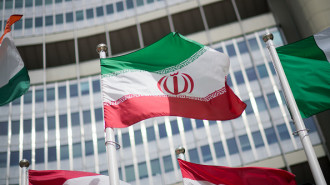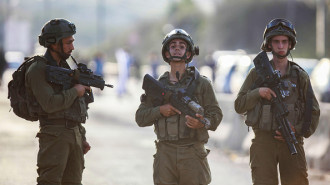Israeli commando unit behind Khan Younis bloodbath spearheads Lebanon invasion
The Israeli military is using the same commando force to spearhead its invasion of Lebanon, as was used during the brutal assault on Khan Younis in Gaza, according to reports on Tuesday.
The elite Division 98 force played a key role in the assault in Khan Younis, which saw thousands displaced and hundreds killed as Israel captured the heavily populated southern Gaza city.
Israel conducted three bloody invasions of Khan Younis with Division 98 withdrawing from the city in August, seemingly heading for the 'Northern Front'.
Israel began what it has called a “limited, localized operation against Hezbollah targets in southern Lebanon" on Tuesday, carrying out “targeted ground raids” in villages close to the Israeli border.
The targets, it alleges, pose an "immediate threat to Israeli communities in northern Israel" and followed a wave of massive bombing of Lebanon over the past week.
Thousands of Lebanese, many of them civilians, have been killed in a week-long assault on Lebanon, while around 1 million have been displaced.
The Israeli military said "intense fighting" was taking place against Hezbollah in southern Lebanon and warned Lebanese residents not to travel by vehicle in the region, essentially making civilian cars a target.
"Intense fighting is taking place in southern Lebanon," wrote Avichay Adraee, a spokesman for the Israeli army, in a message published in Arabic on Telegram. "For your personal safety, we ask you not to travel by vehicles from the north to the south of the Litani River."
It now emerges that Division 98, as well as the special forces Egoz Unit and Brigade 7 of the Tank Corp, comprises the vanguard of the Israeli invasion force.
The same grouping of so-called "elite" forces were responsible for the Israeli assault on Khan Younis earlier this year, where their raids on the Gazan city left hundreds of civilians dead. Division 98 was also responsible for raids and sieges on hospitals and civilian areas in Khan Younis.
The city, like many in Gaza, has been left utterly devastated following the Israeli assault.
In its coverage of the Israeli invasion of Lebanon, Israeli media boasted that Division 98 "broke the back of Hamas in Khan Younis".
Hezbollah’s acting leader, Naim Kassem, promised on Tuesday that his group would repel any Israeli invasion, though it denied Israel had entered Lebanese territory.
Reports suggest that the Lebanese Army has maintained its positions at the border with Israel, despite earlier reports claiming it had effectively abandoned its posts due to the Israeli invasion.
"With the Israeli enemy continuing its increasingly barbaric attacks on various Lebanese regions, some media outlets have reported inaccurate information about the army withdrawing from its southern border posts for several kilometers in light of the enemy’s preparations to carry out a ground operation inside Lebanese territory," the Lebanese Army stated.
Despite this, there have been no reports of fighting between Lebanon’s armed forces and the Israeli army.
Speaking from Beirut, The New Arab’s International editor Yazan Al-Saadi said the situation is unlikely to change.
"It is very unlikely that the Lebanese army will fight Israel," Al-Saadi said. "It does not have the resources to do so and it is armed by the West and they deny it access to heavy weapons."
"Lebanon's army functions as a kind of internal police force for Palestinian and Syrian refugees, it is not going to fight Israel."
This effectively leaves Hezbollah as the sole defensive force in Lebanon, despite the group’s less-than-universal popularity within the country and the unprecedented action Israel has taken against its leadership.
Al-Saadi said that there are legitimate fears about the extent and aims of Israel’s invasion, in part due to its conduct in Gaza, where at least 41,615 Palestinians, the vast majority of them innocent civilians, have been killed.
Israel's massive bombing of Lebanon, which has also killed hundreds of civilians, means the assault it likely to be much different to the bloodbath in Gaza.
The invasion of southern Lebanon comes after days of Israeli airstrikes that killed Hezbollah Secretary-General Hassan Nasrallah and other top leaders, and the earlier explosions of bobby-trapped electronic devices used by the group.
Though Israel claims these are precise attacks against Hezbollah, the civilian death toll in Lebanon has been devastating over the past two weeks, with just under 2,000 thought to have been killed.
Though the death toll accounts for all of those killed since Israel and Hezbollah began a series of tit-for-tat clashes on 8 October last year, the vast majority of the at least 1,640 people, including 104 children and 194 women, have been killed in the last two weeks of the conflict.
However, al-Saadi notes that the true death toll is likely much higher.
"The types of weapons Israel is using is vaporising bodies, so you're likely going to see a large, large number of people simply dubbed missing, but likely their bodies have been pulverised," he said.
Additionally, over 1 million people in the south of Lebanon have been forced to flee the Israeli bombing, with the invasion likely to vastly increase the numbers of displaced.
The extent of Israel’s invasion of Lebanon is not yet known, with some believing it will be more akin to the 2006 war, which was more limited than the full-scale drive into the country in 1982.
Al-Saadi said the mood in the country is one of "bottomless apprehension" with people recalling Israel’s invasions of the past.
"There is in Beirut a mix of anxiety and panic and there are fears that it will expand and replicate the disasters and horrors that happened during Israel’s 1982 invasion, where the death toll was between 10,000 to 30,000 during the siege of Beirut," he said.
“It seems like the rules of war are now done when it comes to Israel."
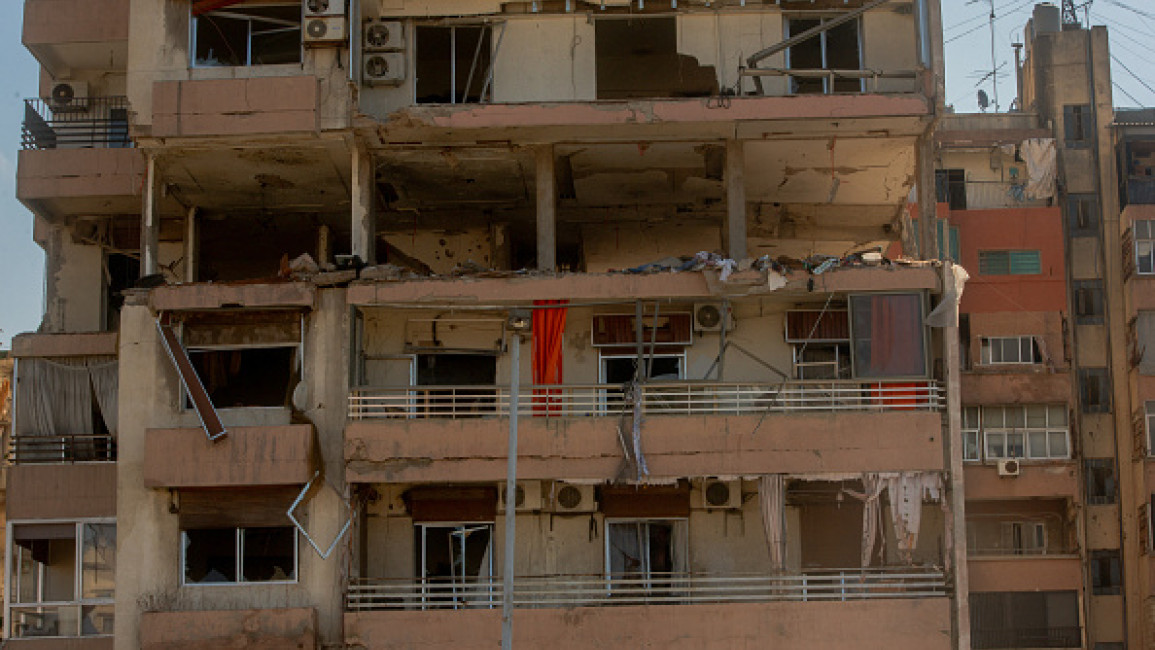


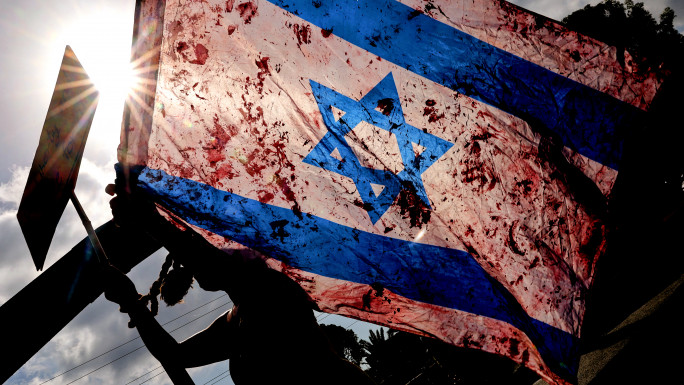
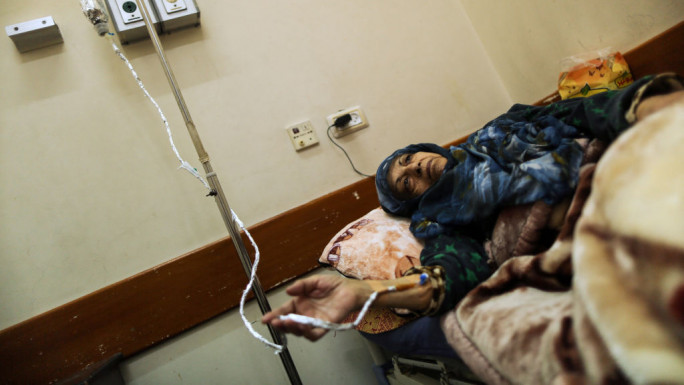
 Follow the Middle East's top stories in English at The New Arab on Google News
Follow the Middle East's top stories in English at The New Arab on Google News

